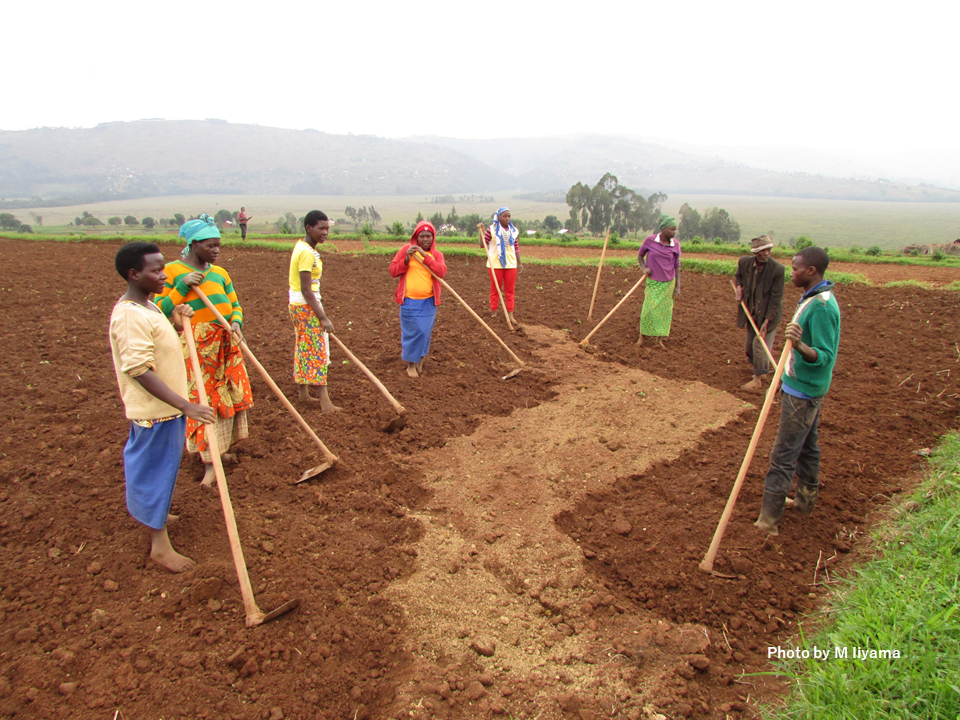Pick Up
908. COP28 Food Innovation Priorities

908. COP28 Food Innovation Priorities
Food systems are responsible for one-third of anthropogenic greenhouse gas emissions, exposing farmers in low- and middle-income countries to the risks of climate change.
The 28th Conference of the Parties (COP28) to the United Nations Framework Convention on Climate Change (UNFCCC) will take place in Dubai, United Arab Emirates, from tomorrow, 30 November, to 12 December.
As outlined in a September 28 press release, the COP28 Presidency and the Committee on Climate Change, Food Security and Agricultural Innovation have identified seven areas of innovation that have reached an effective and widespread stage in addressing climate change (COP28 Partnership announces Food Innovation Priorities for Investment and Scaling).
These seven areas have the potential not only to contribute significantly to climate change mitigation in the food system sector, but also to positively impact the lives of millions of farmers. They include:
● Improved weather forecasting to help farmers cope with increased weather variability and improve farming decisions.
● Digital agricultural extension services to deliver tailored and timely information to farmers at low marginal cost.
● Climate-smart social protection programs to help households anticipate weather shocks, overcome extreme poverty, and build resilience.
● Training to promote rainwater harvesting techniques to reduce land degradation, increase crop yields, and combat desertification.
● Microbial fertilizers to reduce emissions from synthetic fertilizer production while helping farmers increase productivity.
● Innovations to reduce methane emissions from livestock through improved feed management, feed additives and genomic selection.
● Alternative proteins to provide a low emission, low cost, high quality source of protein.
Investments in these innovations have the potential for significant social returns, especially if the risks of failure are managed effectively. In particular, investments in innovations that are supported by evidence of impact and cost-effectiveness have proven to be highly effective. For example, the CGIAR, which has historically focused on investing in agricultural innovations in low- and middle-income countries, has estimated a social benefit-cost ratio of 10:1.
The food systems and agriculture agenda at COP28 aims to address the interlinked challenges of climate change and food systems, including production, consumption, trade and resilience. The conference is expected to foster discussions on developing innovative approaches to effectively address these challenges.
Contributor: IIYAMA Miyuki (Information Program)
